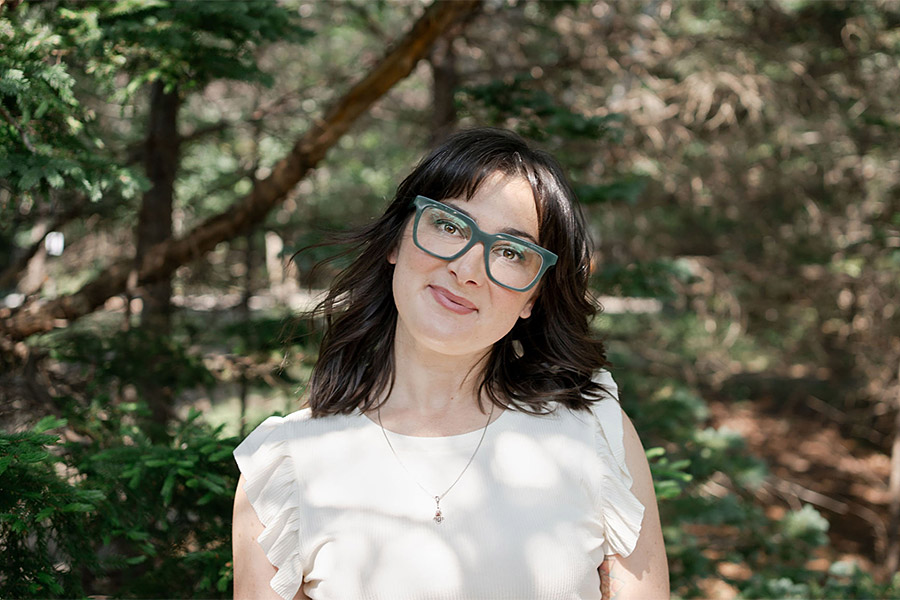 There isn’t a one-size fits all career path. Take Leonardo da Vinci: he was a painter, scientist, inventor, poet and sculptor. He didn’t pigeonhole himself into being one thing. This was true for most people during the Renaissance era as folks were praised for pursuing more than one endeavour simultaneously as they expressed their full human potential. Some may call this type of person a multipotentialite: someone who has an interest in many things.
There isn’t a one-size fits all career path. Take Leonardo da Vinci: he was a painter, scientist, inventor, poet and sculptor. He didn’t pigeonhole himself into being one thing. This was true for most people during the Renaissance era as folks were praised for pursuing more than one endeavour simultaneously as they expressed their full human potential. Some may call this type of person a multipotentialite: someone who has an interest in many things.
So why do we feel such pressure to choose one path?
THE NON-LINEAR CAREER PATH
We tend to revere the Olympian figure skater who has trained since she was three years-old to be the Greatest Of All Time. She worked hard, dedicated herself to that one thing and succeeded, while the rest of us “regular” folks dabbled in a bit of everything. Is there a fear of not being great if we do too many things? A fear of being too “normal”?
It starts in high school where we need to choose the “science” or the “arts” stream, then we are forced to pick one major (maybe two) in university, which is supposed to define us for the next decade. How are you supposed to know what you want to do for the rest of your life when you’re only 18 years-old and your brain isn’t fully developed? Then upon graduation, we are expected to immediately know what we want to do for work even if we haven’t had exposure to enough fields.
The linear career path doesn’t always make sense.
Why not be a professional kayaker turned, baker turned lecturer? Why not explore IT and then become an opera singer on the side?
Generalists aren’t always perceived as glamorous or high-status compared to our specialist friends. But I argue that being a generalist and pursuing many interests like our Renaissance friends, is a superpower for team building in the workplace.
BEING WELL-ROUNDED IS VALUABLE
Just like job hopping, having a wide range of experience that span a variety of industries means you’ve gained exposure in terms of culture, systems, processes, people and skills. Your resume is valuable when you can see a problem or project from a different vantage point compared to someone who has worked in the same institution for 22 years.
When you can say that you were an arts teacher, then lawyer and then florist, there is a minefield of skills, processed and a breadth of knowledge you have adapted to and acquired. You can see a patient, project, case, or report from a unique angle compared to someone who is highly specialized.
Learning to tell your story and how to articulate your value can lead you to a higher salary as an entrepreneur, bring added value to a team of health specialists, problem solve in a creative way in a financial institution, and ultimately, you’ll be a more interesting person who is easy to connect with on many levels.
Don’t just take our word for it. If you’re interested in learning more about multipotentialites, or think you might be one, check out the Ted Talk.






